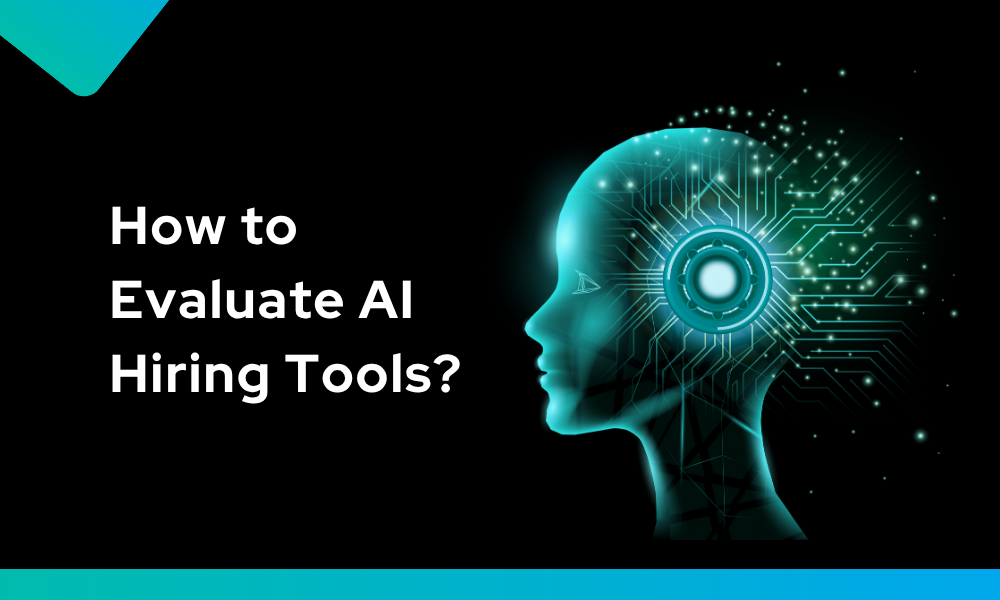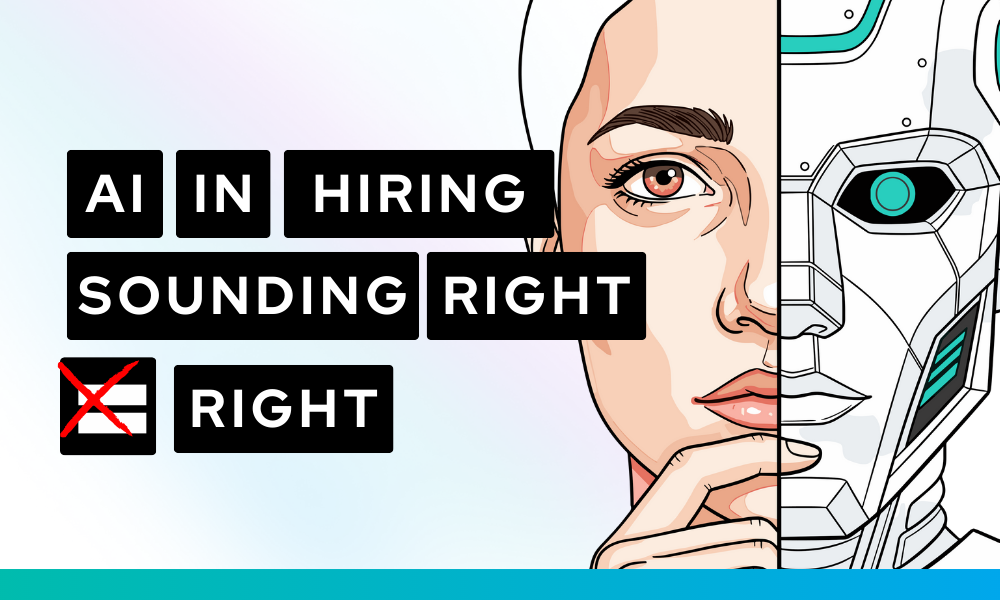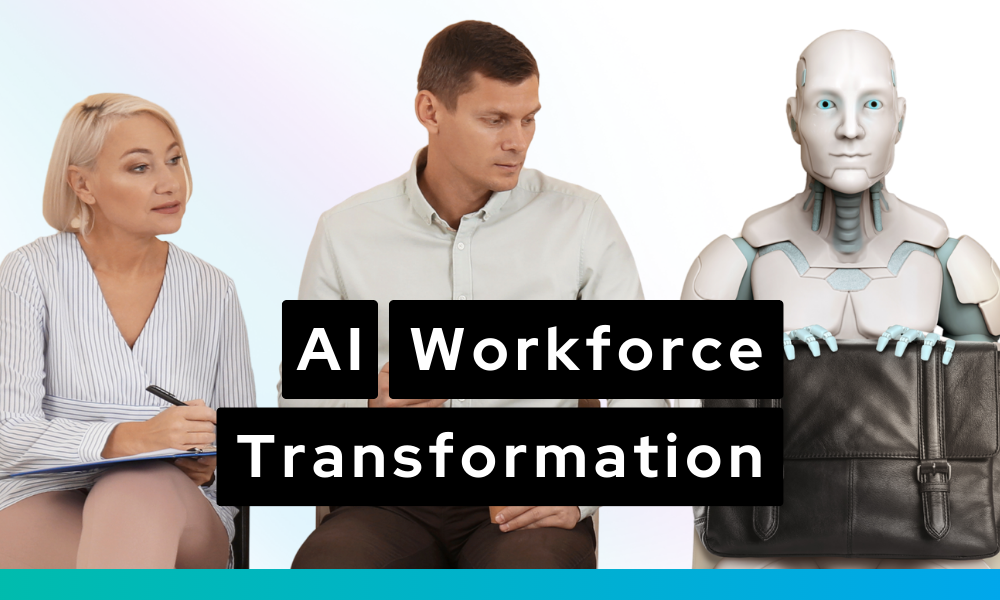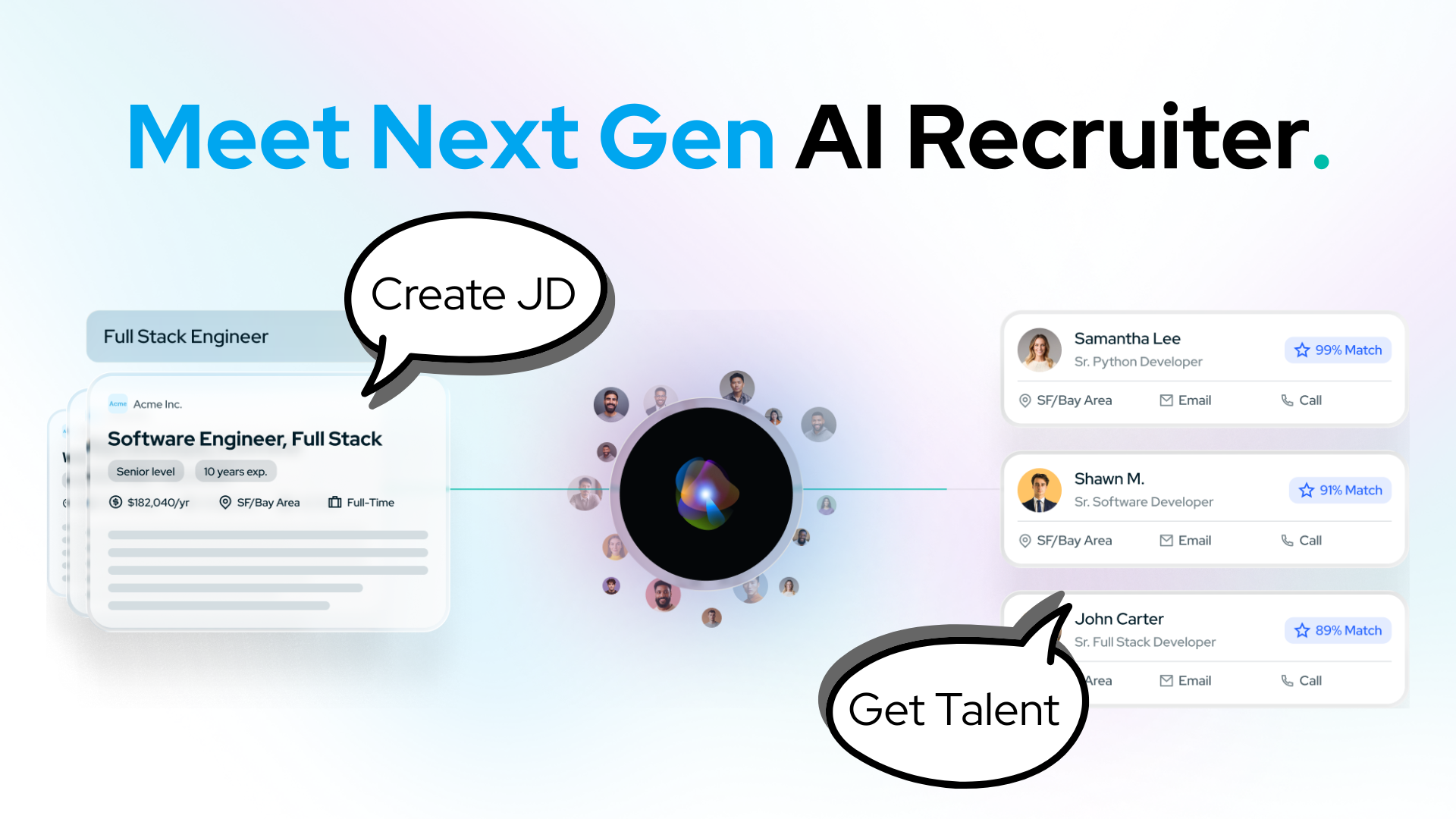
Make talent quality your leading analytic with skills-based hiring solution.

AI is flooding the HR tech market. From sourcing to screening to interviewing, nearly every vendor now claims to have “AI-powered” solutions that promise faster, fairer, smarter hiring. But how do you evaluate AI hiring tools in a way that cuts through the hype and exposes the risks?
Not all AI is created equal—and when applied carelessly, it can reinforce bias, obscure decision-making, and trigger compliance nightmares. Just ask the legal teams now facing class action lawsuits for AI-driven discrimination.
That’s why choosing the right tool requires more than a feature list. You need a real evaluation framework. Below is your checklist—what to ask, what to look out for, and how to spot red flags—if your goal is ethical, skill-based, and future-ready hiring.
Use this checklist when considering any AI-powered solution—from screening and assessments to interviews and decision support when thinking about how to evaluate AI hiring tools into your HR tech stack:
Questions you should ask:
Red Flags:
Questions you should ask:
Red Flags:
Questions you should ask:
Red Flags:
Questions you should ask:
Red Flags:
Questions you should ask:
Red Flags:
Questions you should ask:
Red Flags:
Questions you should ask:
Red Flags:
Questions you should ask:
Red Flags:
Questions you should ask:
We built our platform to do one thing exceptionally well: validate skill—not screen people out based on bias-prone proxies. For HR and TA leaders asking how to evaluate AI hiring tools, the answer starts with transparency, fairness, and real-world skill validation. Glider AI:
We help hiring teams make smarter, faster, and fairer decisions—backed by AI you can trust.

AI can sound responsible while getting the logic wrong. Most conversations about AI in hiring fixate on bias, hallucinations, or compliance. That is where lawsuits land and where headlines cluster. Those risks are real. They are also incomplete. Often, the quieter the problem, the more dangerous it becomes. Many AI systems are better at sounding […]

TL;DR AI is no longer something people use. It’s doing the work. And Gen Z notices this first because they sit closest to the tasks AI replaces most quickly. That concern is not resistance. It is pattern recognition. AI Workforce transformation is happening. Fast! HR does not own AI. But when AI decisions are made […]

For decades, recruitment has looked the same. Recruiters still spend hours sourcing candidates, scheduling interviews, conducting screenings, and managing endless administrative work. The process is slow, inconsistent, and no longer sustainable in a highly competitive talent market. This is exactly the problem AI Recruiter was built to solve. What if hiring could run itself? The […]